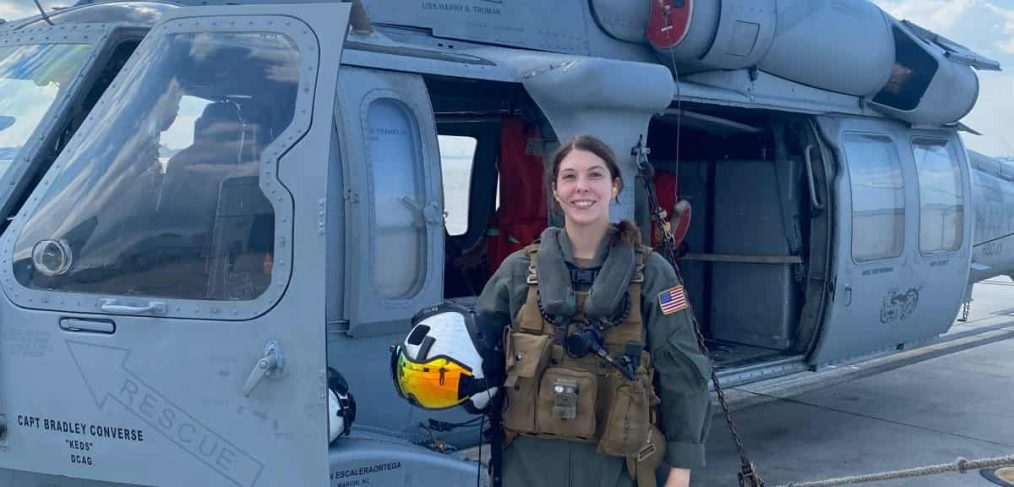
Virginia Space Grant Consortium Support Student NASA Research on Growing Food in Space
Jessica Dodson, a senior majoring in biological systems engineering, has embarked on an innovative research project that bridges the gap between synthetic biology and space exploration. Her work, supported by the Virginia Space Grant Consortium, affiliated with Old Dominion University (ODU), focuses on the resilience of microorganisms and their potential applications in enhancing plant survival in space.
Connecting with NASA
“I was really interested in recombinant DNA and genetic engineering,” Dodson said. “Within that realm, I’ve always been interested in tardigrades, which are these microorganisms that can survive extreme conditions like radiation, heat, and drought.”
Dodson’s fascination with genetic engineering and tardigrades led her to Assistant Professor Clay Wright’s plant synthetic biology lab, where she was introduced to the Virginia Space Grant Consortium program. The program encourages undergraduate research that aligns with NASA’s objectives, and Dodson saw an opportunity to connect her passion for genetic engineering with space exploration.
Her project involves using unique proteins found in tardigrades to create transgenic plants that can better withstand drought conditions. This research is particularly relevant to NASA, which in April 2023 failed to grow tomatoes on the International Space Station due to drought conditions.
By pretreating plant seeds with tardigrade proteins to improve their resilience and drought tolerance, Dodson’s project could prevent crop failures during future long-term space missions — essential to reducing dependency on Earth-based supplies and sustaining human life in space.
Read the full article on theroanokestar.com
Author Credit: The Roanoke Star
Image Credit: Photo courtesy of Jessica Dodson
Original Post Date: 5.15.25

